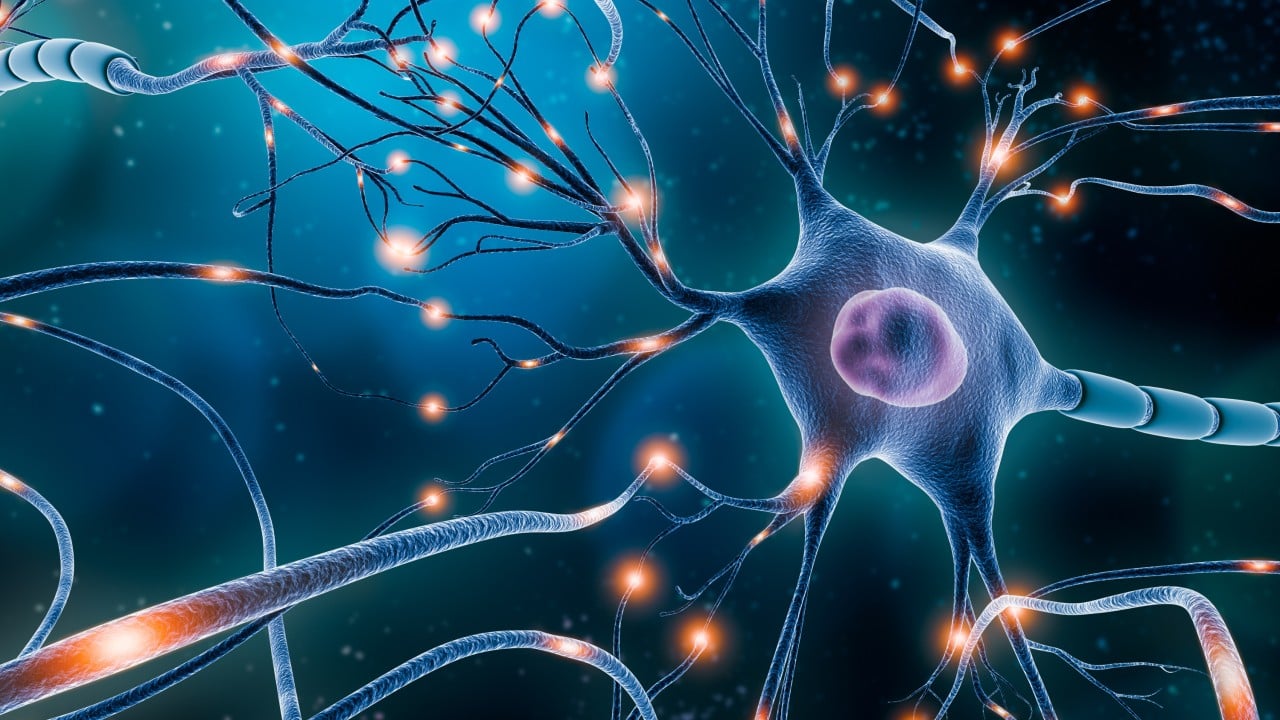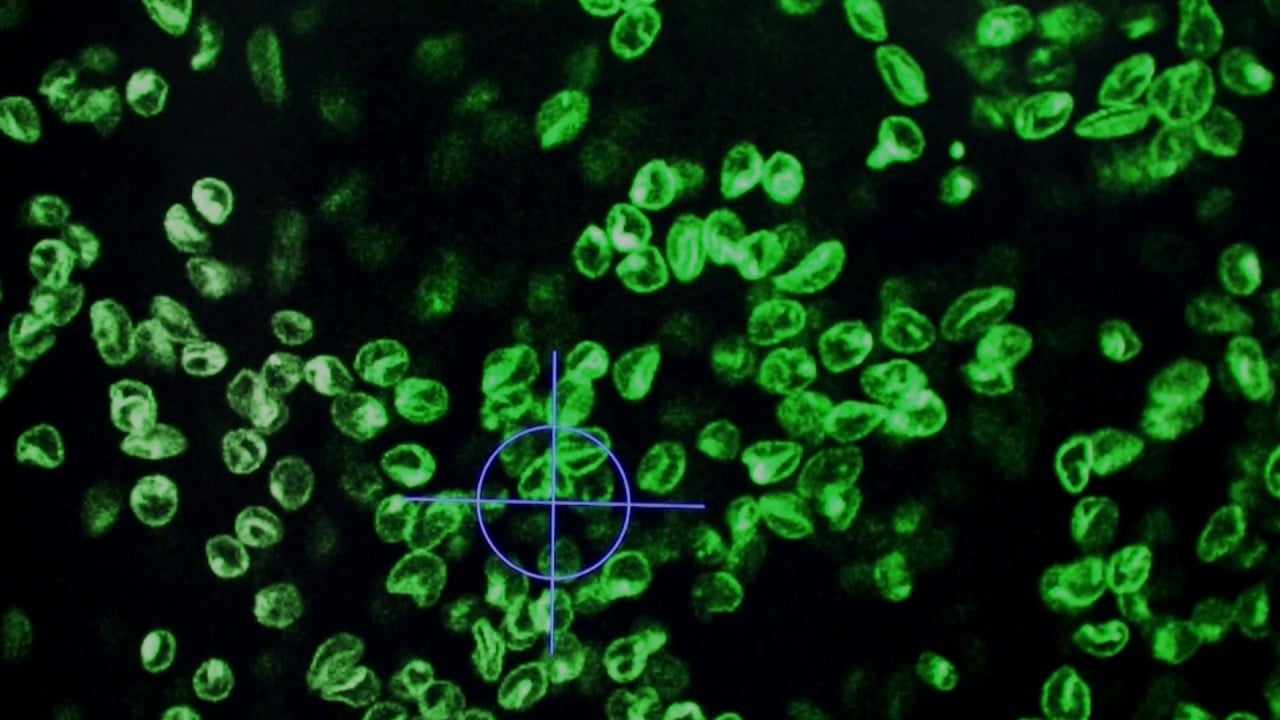UK researchers said Wednesday they had slowed the progression of the fatal neural condition Huntington’s disease for the first time with a groundbreaking new gene therapy.
Advertisement
Some patients who took part in early-stage clinical trials at University College London (UCL) saw the speed at which their condition developed reduced by 75 per cent after three years, according to uniQure, a gene therapy company based in the Netherlands and the United States.
The study tested a new gene therapy, AMT-130, which is delivered through an injection directly into the brain.
Researchers said that AMT-130 works by permanently introducing new functional DNA into a patient’s cells.
“This result changes everything,” said the lead researcher, Ed Wild of UCL’s Huntington’s Disease Centre. “On the basis of these results it seems likely AMT-130 will be the first licensed treatment to slow Huntington’s disease, which is truly world-changing stuff,” he added.
Some 29 patients took part in the trial with the 12 who were given the highest dose experiencing the greatest slowing of the disease.
Advertisement


